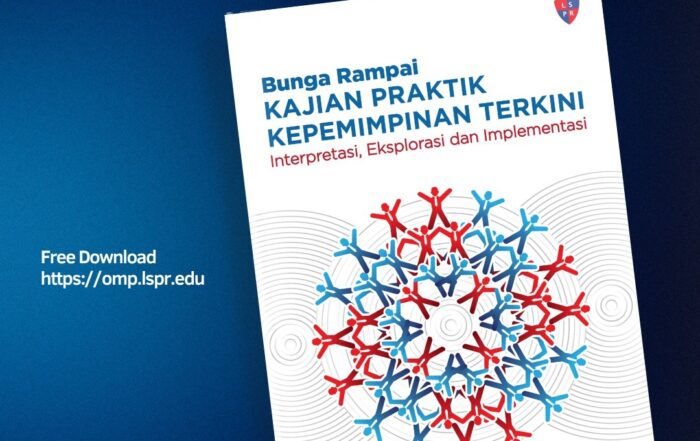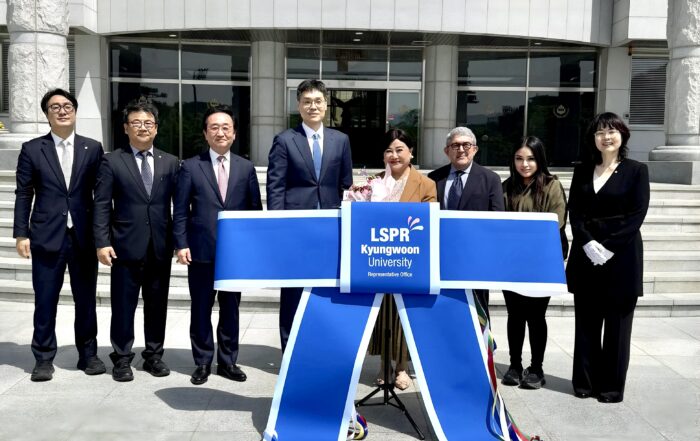

Jakarta, 7th January 2021 – The Business Faculty, LSPR Communication & Business Institute (LSPR) together with the Partner University, namely UCSI Malaysia, held an International Class through online platform (webinars) on Friday, January 7th, 2021. This activity was a part of the OMNI LSPR Program organized by the Faculty of Business. The theme of this webinar is “The Globalization in Hotel Industry and Its Effects”. This International Class lectured by an Assistant Professor at UCSI Malaysia, Hanafi Bin Hamzah and Assistant Head of the Tourism Study Program, Jati Paras Ayu as a Host and Moderator. This event was attended by Students of the Tourism Study Program at the Business Faculty.
Hanafi Bin Hamzah explained how globalization can occur in the Hotel Industry. Globalization refers to a shift towards a more integrated and interdependent world economy, with the development of international trade and business, there is no doubt that international relations will become more important for the hotel industry. At an early stage, most hotels have hosted foreign guests at one time or another. Then, along with the development of the industry, and with the development of technology and transportation systems, the industrial structure has become increasingly complex in terms of scope, ownership, management, and affiliation, however, chain hotel is the dominant sector. There are two main reasons why hotel chains have started looking for opportunities to enter global markets, namely their comparative advantage especially in developing countries, and overcapacity or saturation in their domestic markets. Unfortunately, hotel investment in foreign countries poses a high risk with various external influences affecting the strategy and performance of the organization, these factors include: Politics, Economy, Socio-Culture, Environment and Technology. Globalization itself has both positive and negative effects. The positive effects are, among others, exposure to different cultures, a bigger market, increasing the economy, technological advancement, promoting creativity, more job opportunities, increasing the travel industry, and a variety of services / international cuisine, while the negative effects are Language Barriers, Cultural Barriers, Events / Disasters in other Countries, Seasonal Employment, Increase, use of technology to communicate, Increase in Crime Rate, and the huge effect on the small hotel industry.

All participants











